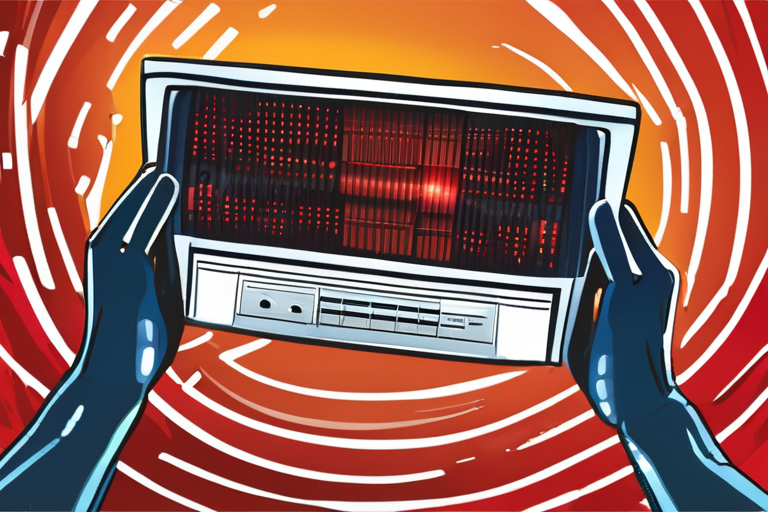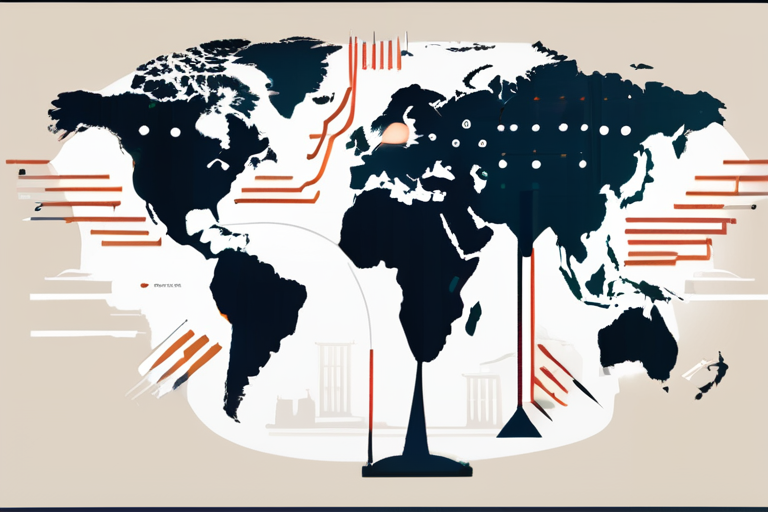Satellite Communications Left Exposed: Unencrypted Data Vulnerable to Hackers for $750


Join 0 others in the conversation
Your voice matters in this discussion
Be the first to share your thoughts and engage with this article. Your perspective matters!
Discover articles from our community

 Hoppi
Hoppi

 Hoppi
Hoppi

 Hoppi
Hoppi

 Hoppi
Hoppi

 Hoppi
Hoppi

 Hoppi
Hoppi

Satellites Exposed: Leaking World's Secrets Researchers at the University of California, San Diego, and the University of Maryland have made …

Hoppi

SpaceX's Starshield Satellites Accused of Transmitting on Unauthorized Frequencies Globally According to reports, SpaceX's Starshield satellites have been transmitting signals …

Hoppi

Nation-State Hackers Imperil Thousands of Networks After Breaching F5's Network A sophisticated nation-state hacking group has been secretly dwelling in …

Hoppi

Hackers Expose Personal Data of Top US Law Enforcement Officials In a brazen cyberattack, hackers have gained unauthorized access to …

Hoppi

SpaceX Satellites Emitting Mysterious Signals on Reserved Frequencies A network of classified Starshield satellites built by SpaceX for the U.S. …

Hoppi

Satellites Exposed: Leaking World's Secrets for Years A team of researchers at the University of California San Diego (UCSD) and …

Hoppi